ABSENCE OF EMERGENCY FUNDS FOR LCC
입력 2020.03.17 (15:11)
수정 2020.03.17 (16:48)
읽어주기 기능은 크롬기반의
브라우저에서만 사용하실 수 있습니다.
[Anchor Lead]
The government previously announced it will inject 300 billion won in emergency funds for low budget airlines hit hard by the coronavirus outbreak. A month has passed since the announcement but the aid has yet to be executed.
[Pkg]
An A-330 passenger plane headed to Ho Chi Minh. There are no passengers, only cargo getting loaded. Flights to Vietnam are suspended. But if a plane stays idle at the airport, the parking charge costs around 1-point-2 million won a day. This is why airlines are trying to make sure planes take flight even for cargo only, to save airport usage fees.
[Soundbite] GANG HYEON-JOO(KOREAN AIR) : "Our measure is to save costs resulting from suspended flights and also support domestic firms' transport of export-import freight."
The situation is even more dire for low cost carriers. Flight services are down 70% and companies are barely making ends meet with wage reductions and employees taking leave. All happening when they need to cover ticket cancellation fees, plane rental, fuel and airport parking fees. It's been a month since the government announced provision of as much as 300 billion won in emergency funding for budget airlines. But the money has yet to reach the sector.
[Soundbite] (AVIATION INDUSTRY OFFICIAL(VOICE MODIFIED)) : "Entry ban on Korea means no flights to that country for us. I wonder if the government realizes the urgency of the situation."
Even that 300 billion won is not a completely new aid but an assistance package provided through an existing loan product from the Korea Development Bank. The loan requirements are rather complicated. Because the aviation sector has a high debt ratio with most of its assets being rented planes, the companies are short of collateral. This is why most low cost carriers prefer financial support that is without collateral and comes with long-term low interest rates.
[Soundbite] PROF. KIM HYO-JUNG(CATHOLIC KWANDONG UNIVERSITY) : "Airlines engage not only in domestic but also international business affairs. State support for the aviation sector is urgently required to protect national interest."
If current conditions continue, some firms may go belly up. With this urgency in mind, the government will announce additional measures this week on its aid plan for budget airlines. The plan is expected to include providing 200 billion won to Jeju Air which decided acquire industry rival Eastar Jet.
The government previously announced it will inject 300 billion won in emergency funds for low budget airlines hit hard by the coronavirus outbreak. A month has passed since the announcement but the aid has yet to be executed.
[Pkg]
An A-330 passenger plane headed to Ho Chi Minh. There are no passengers, only cargo getting loaded. Flights to Vietnam are suspended. But if a plane stays idle at the airport, the parking charge costs around 1-point-2 million won a day. This is why airlines are trying to make sure planes take flight even for cargo only, to save airport usage fees.
[Soundbite] GANG HYEON-JOO(KOREAN AIR) : "Our measure is to save costs resulting from suspended flights and also support domestic firms' transport of export-import freight."
The situation is even more dire for low cost carriers. Flight services are down 70% and companies are barely making ends meet with wage reductions and employees taking leave. All happening when they need to cover ticket cancellation fees, plane rental, fuel and airport parking fees. It's been a month since the government announced provision of as much as 300 billion won in emergency funding for budget airlines. But the money has yet to reach the sector.
[Soundbite] (AVIATION INDUSTRY OFFICIAL(VOICE MODIFIED)) : "Entry ban on Korea means no flights to that country for us. I wonder if the government realizes the urgency of the situation."
Even that 300 billion won is not a completely new aid but an assistance package provided through an existing loan product from the Korea Development Bank. The loan requirements are rather complicated. Because the aviation sector has a high debt ratio with most of its assets being rented planes, the companies are short of collateral. This is why most low cost carriers prefer financial support that is without collateral and comes with long-term low interest rates.
[Soundbite] PROF. KIM HYO-JUNG(CATHOLIC KWANDONG UNIVERSITY) : "Airlines engage not only in domestic but also international business affairs. State support for the aviation sector is urgently required to protect national interest."
If current conditions continue, some firms may go belly up. With this urgency in mind, the government will announce additional measures this week on its aid plan for budget airlines. The plan is expected to include providing 200 billion won to Jeju Air which decided acquire industry rival Eastar Jet.
■ 제보하기
▷ 카카오톡 : 'KBS제보' 검색, 채널 추가
▷ 전화 : 02-781-1234, 4444
▷ 이메일 : kbs1234@kbs.co.kr
▷ 유튜브, 네이버, 카카오에서도 KBS뉴스를 구독해주세요!
- ABSENCE OF EMERGENCY FUNDS FOR LCC
-
- 입력 2020-03-17 15:11:44
- 수정2020-03-17 16:48:59
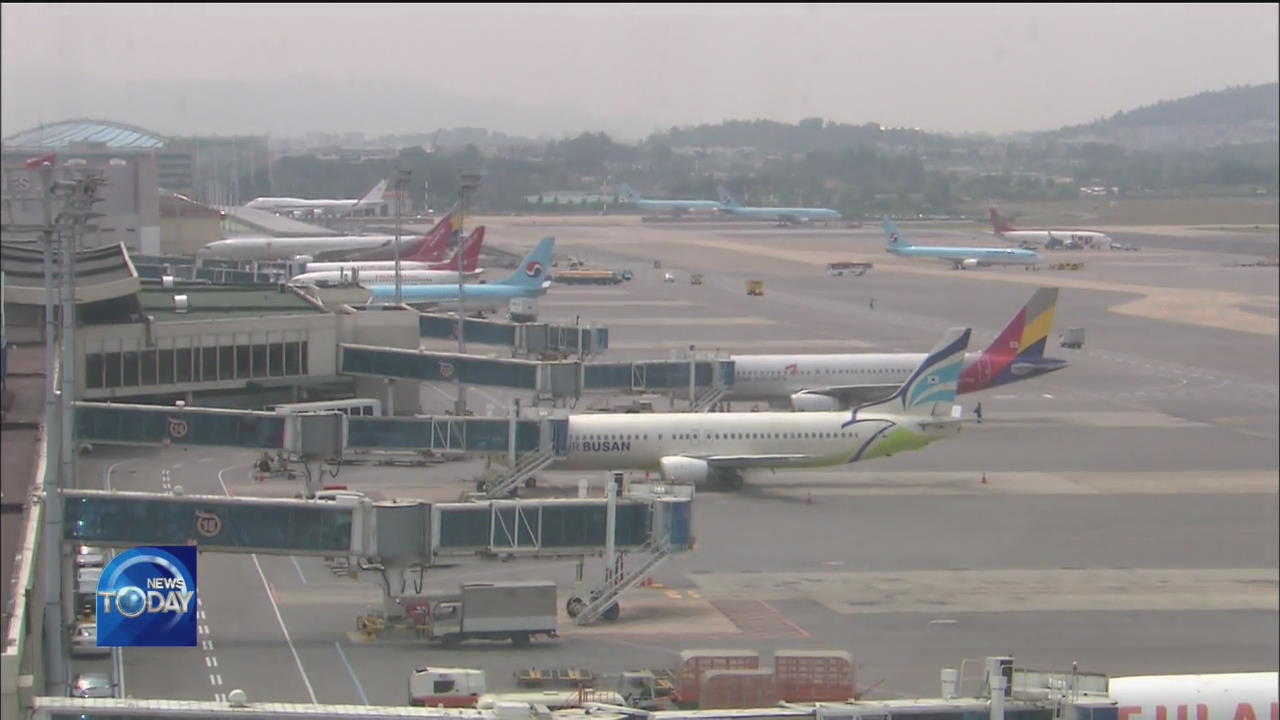
[Anchor Lead]
The government previously announced it will inject 300 billion won in emergency funds for low budget airlines hit hard by the coronavirus outbreak. A month has passed since the announcement but the aid has yet to be executed.
[Pkg]
An A-330 passenger plane headed to Ho Chi Minh. There are no passengers, only cargo getting loaded. Flights to Vietnam are suspended. But if a plane stays idle at the airport, the parking charge costs around 1-point-2 million won a day. This is why airlines are trying to make sure planes take flight even for cargo only, to save airport usage fees.
[Soundbite] GANG HYEON-JOO(KOREAN AIR) : "Our measure is to save costs resulting from suspended flights and also support domestic firms' transport of export-import freight."
The situation is even more dire for low cost carriers. Flight services are down 70% and companies are barely making ends meet with wage reductions and employees taking leave. All happening when they need to cover ticket cancellation fees, plane rental, fuel and airport parking fees. It's been a month since the government announced provision of as much as 300 billion won in emergency funding for budget airlines. But the money has yet to reach the sector.
[Soundbite] (AVIATION INDUSTRY OFFICIAL(VOICE MODIFIED)) : "Entry ban on Korea means no flights to that country for us. I wonder if the government realizes the urgency of the situation."
Even that 300 billion won is not a completely new aid but an assistance package provided through an existing loan product from the Korea Development Bank. The loan requirements are rather complicated. Because the aviation sector has a high debt ratio with most of its assets being rented planes, the companies are short of collateral. This is why most low cost carriers prefer financial support that is without collateral and comes with long-term low interest rates.
[Soundbite] PROF. KIM HYO-JUNG(CATHOLIC KWANDONG UNIVERSITY) : "Airlines engage not only in domestic but also international business affairs. State support for the aviation sector is urgently required to protect national interest."
If current conditions continue, some firms may go belly up. With this urgency in mind, the government will announce additional measures this week on its aid plan for budget airlines. The plan is expected to include providing 200 billion won to Jeju Air which decided acquire industry rival Eastar Jet.
The government previously announced it will inject 300 billion won in emergency funds for low budget airlines hit hard by the coronavirus outbreak. A month has passed since the announcement but the aid has yet to be executed.
[Pkg]
An A-330 passenger plane headed to Ho Chi Minh. There are no passengers, only cargo getting loaded. Flights to Vietnam are suspended. But if a plane stays idle at the airport, the parking charge costs around 1-point-2 million won a day. This is why airlines are trying to make sure planes take flight even for cargo only, to save airport usage fees.
[Soundbite] GANG HYEON-JOO(KOREAN AIR) : "Our measure is to save costs resulting from suspended flights and also support domestic firms' transport of export-import freight."
The situation is even more dire for low cost carriers. Flight services are down 70% and companies are barely making ends meet with wage reductions and employees taking leave. All happening when they need to cover ticket cancellation fees, plane rental, fuel and airport parking fees. It's been a month since the government announced provision of as much as 300 billion won in emergency funding for budget airlines. But the money has yet to reach the sector.
[Soundbite] (AVIATION INDUSTRY OFFICIAL(VOICE MODIFIED)) : "Entry ban on Korea means no flights to that country for us. I wonder if the government realizes the urgency of the situation."
Even that 300 billion won is not a completely new aid but an assistance package provided through an existing loan product from the Korea Development Bank. The loan requirements are rather complicated. Because the aviation sector has a high debt ratio with most of its assets being rented planes, the companies are short of collateral. This is why most low cost carriers prefer financial support that is without collateral and comes with long-term low interest rates.
[Soundbite] PROF. KIM HYO-JUNG(CATHOLIC KWANDONG UNIVERSITY) : "Airlines engage not only in domestic but also international business affairs. State support for the aviation sector is urgently required to protect national interest."
If current conditions continue, some firms may go belly up. With this urgency in mind, the government will announce additional measures this week on its aid plan for budget airlines. The plan is expected to include providing 200 billion won to Jeju Air which decided acquire industry rival Eastar Jet.
이 기사가 좋으셨다면
-
좋아요
0
-
응원해요
0
-
후속 원해요
0










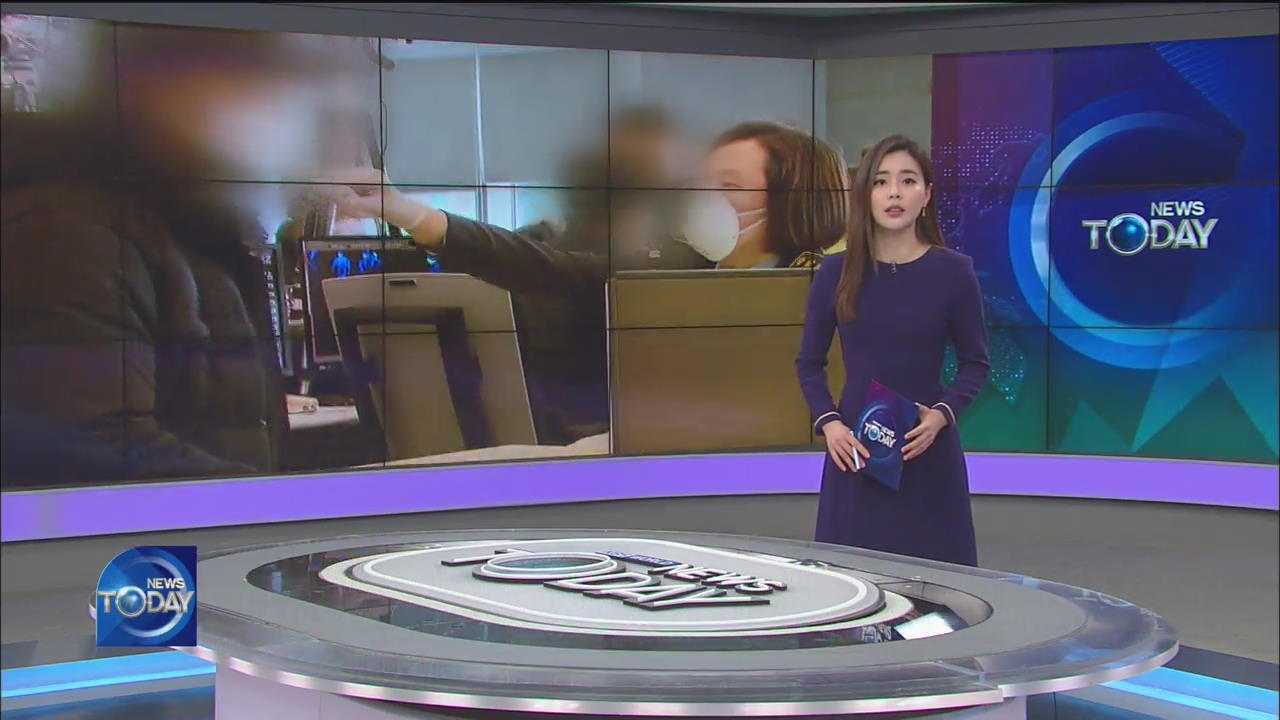
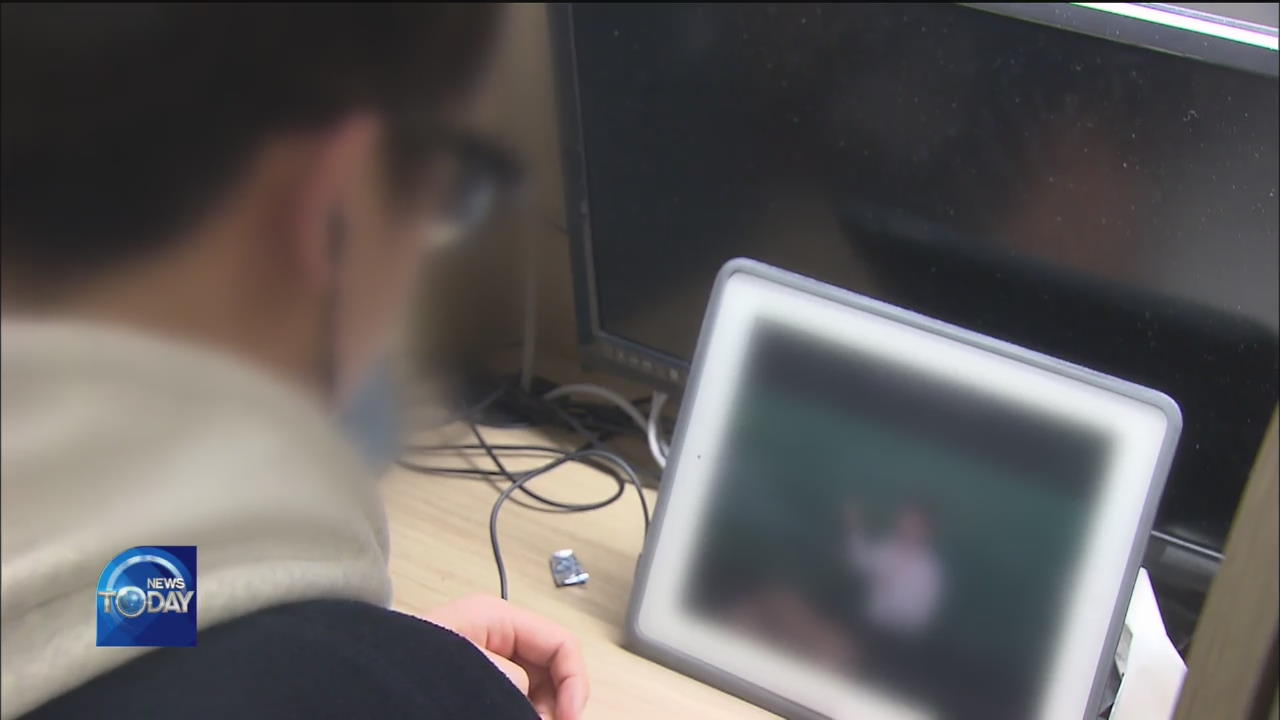
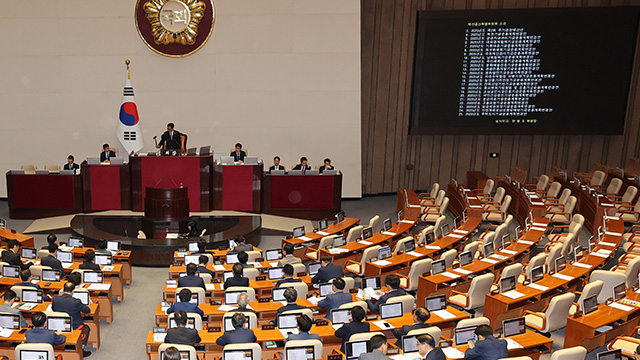


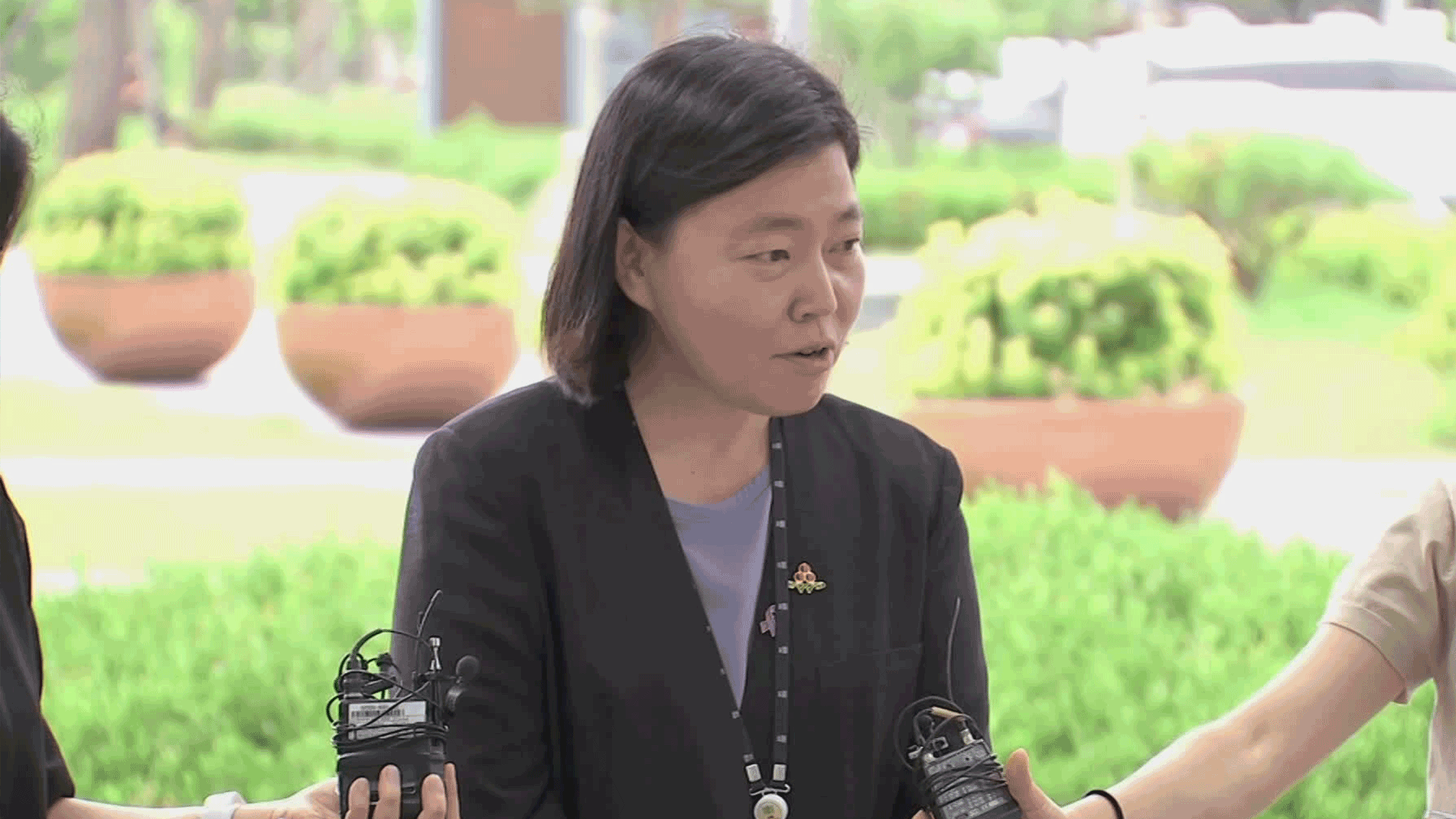

이 기사에 대한 의견을 남겨주세요.